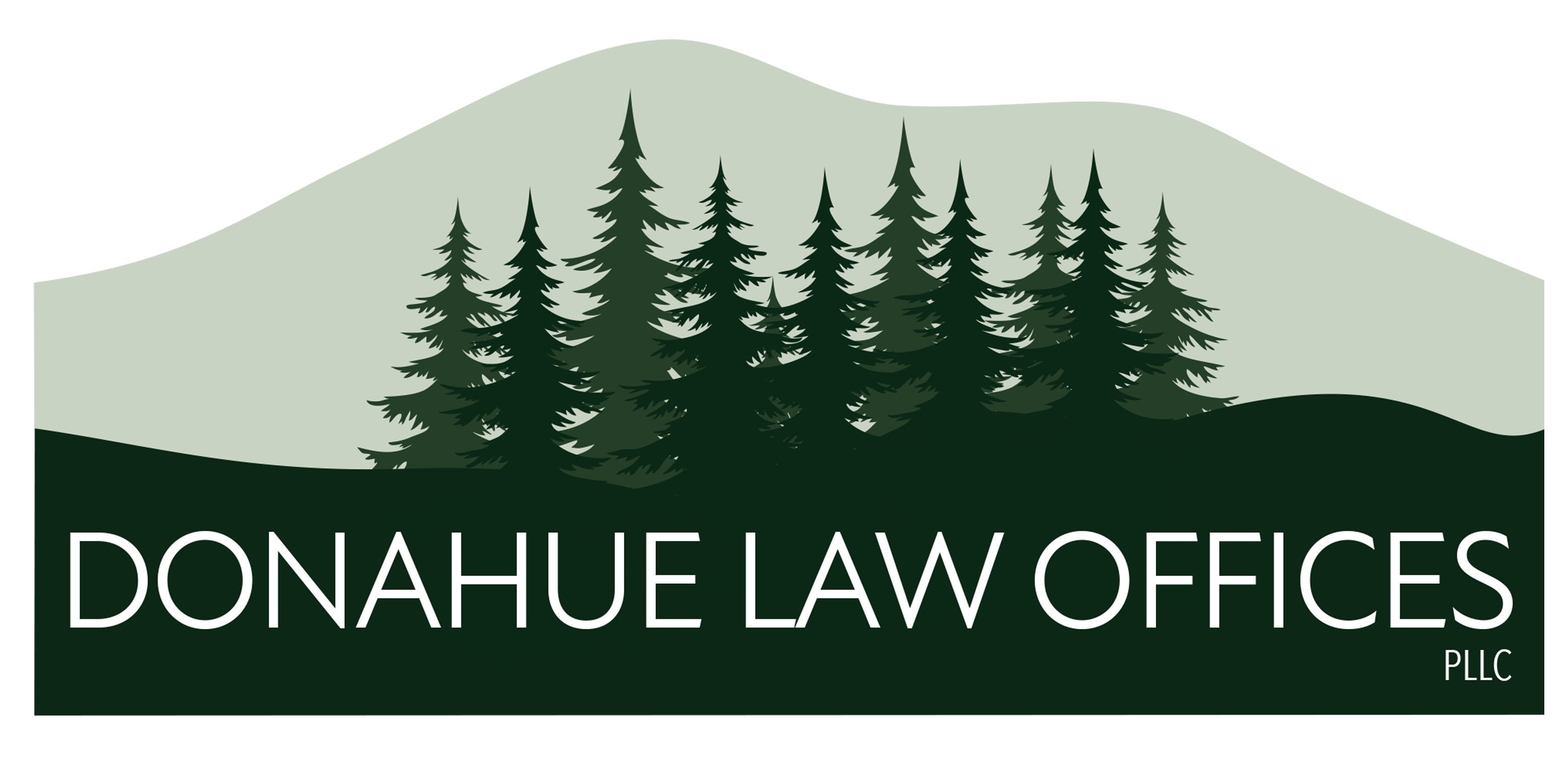Wills, Trusts, and Estate Planning
We know many people have questions when it comes to planning for their future and after they are gone. You may be asking yourself:
- What happens if I need long term care when I’m older?
- Will the government take my house or other assets when I die?
- How can I protect my assets from future creditors?
- How will estate taxes affect my legacy?
- How do I make things easier for my children so there will not be conflict after I am gone?
- Who will take care of me and manage the administration of my estate?
- How can I preserve land that has been in the family for generations for my grandchildren?
- How do I pass my business to my children?
We help clients answer these questions and more. As trusted advisors, we work with individuals and business owners on estate planning strategies to address your unique circumstances. We also advise beneficiaries of wealth, as well as business successors.
Our focus is on helping clients develop a plan to protect their assets while they are still alive, and to minimize transfer and income taxes when their wealth ultimately transfers to the next generation.
Our estate planning services include:
- Wills
- Trusts
- Business succession planning
- Charitable giving planning
- Digital assets
- Guardianship for minors
- Special needs planning
- Probate and trust administration
- Tax Planning
We will review estate planning documents whenever family or financial circumstances change to make sure the plan still properly meets our client’s needs, and are available to work together with other advisors, financial managers, and accountants as necessary. In addition to sophisticated estate planning advice to help preserve wealth, we also provide counsel on all phases of estate and trust administration.
Trusts
The most common approach today in estate planning is transferring assets to a revocable while you are still alive. Such a strategy allows you to control the assets, monitor the many changes that are going on in your life and in the life of your heirs, avoid probate administration, keep your financial affairs private, avoid pressure from future potential creditors, and allow your estate to pass more expeditiously to your heirs under your terms.
Having a trust isn’t for the extremely wealthy anymore and by being proactive, clients gain comfort that they have taken appropriate timely action to protect their future financial stability. It is a practical and easy “will substitute” that will simplify the administration of your estate. If you have a complicated life – own a business, own commercial and/or residential real estate, have a blended multi-generational family, are on health-related disability, or have a child (whether a minor or an adult) that could potentially inherit money too soon in their lives – a trust is most likely the best way to proceed.
There are other trusts that may be necessary to have in your estate plan depending upon the circumstances. You may need to create an irrevocable trust to protect assets on behalf of an heir, or you may want to convey real estate and other assets into a trust or LLC to preserve “going concern” of an operating company.
The most critical step in this process is to “fund” the trust so that upon your passing the assets are in the trust ready for proper administration by your designated trustee. This allows the trustee to move quickly and without court intervention to manage your assets, pay your final bills, enter into necessary agreements, access your bank accounts or enter into an agreement to sell real estate.

